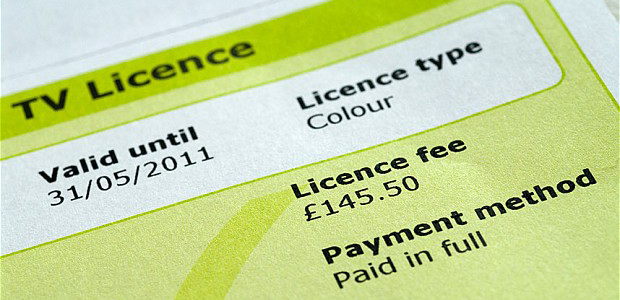
The TV licence fee is a wonderful thing, is it not? At a cost of £145.50 per UK household, it funds a wealth of multimedia content delivered via the television, radio and online services of the British Broadcasting Corporation (BBC).
For overseas readers wondering how it works, the licence fee is effectively a tax on homes or businesses that "watch or record programmes on a TV, computer or other device as they’re broadcast."
It keeps the BBC free from pesky advertisements, and it has helped to shape global exports such as Only Fools and Horses, Top Gear and, of course, The Great British Bake Off. Not to mention the multitude of radio programmes, around-the-clock news and a rather handy iPlayer.
But times are changing and as households are squeezed, the £145.50 fee is coming under closer scrutiny. Our on-demand viewing habits have changed to such an extent that live TV is no longer a primary source of news or entertainment for many, and it begs the question, after more than 5,000 episodes of EastEnders, would the money be better spent elsewhere?
This is a topic that will be debated fiercely over the coming years, so let's hear some opinions: should the TV licence fee be abolished? Let us know your thoughts in the comments below.
Useful resources: TV licensing website, Wikipedia: Television licensing in the United Kingdom













